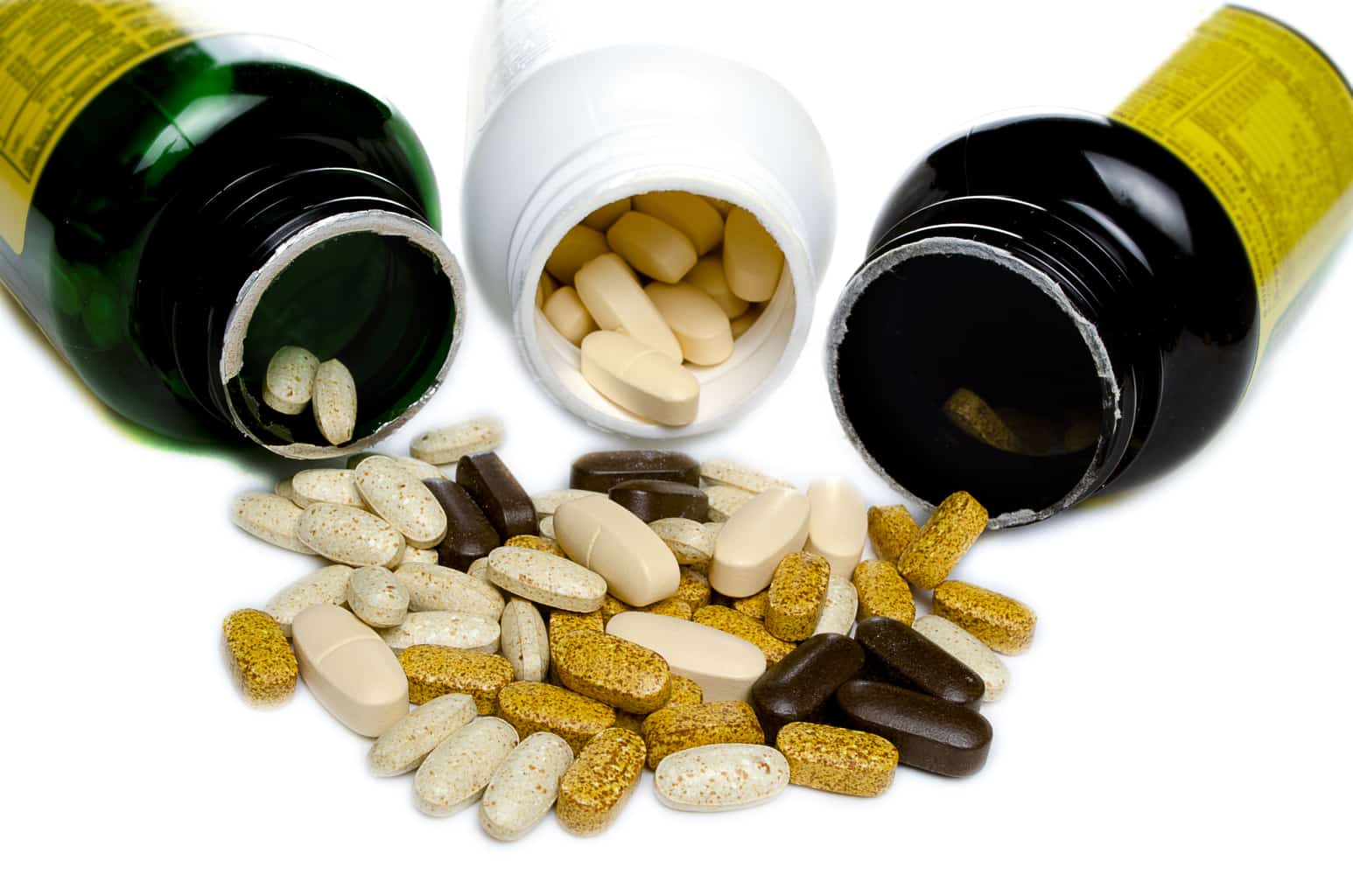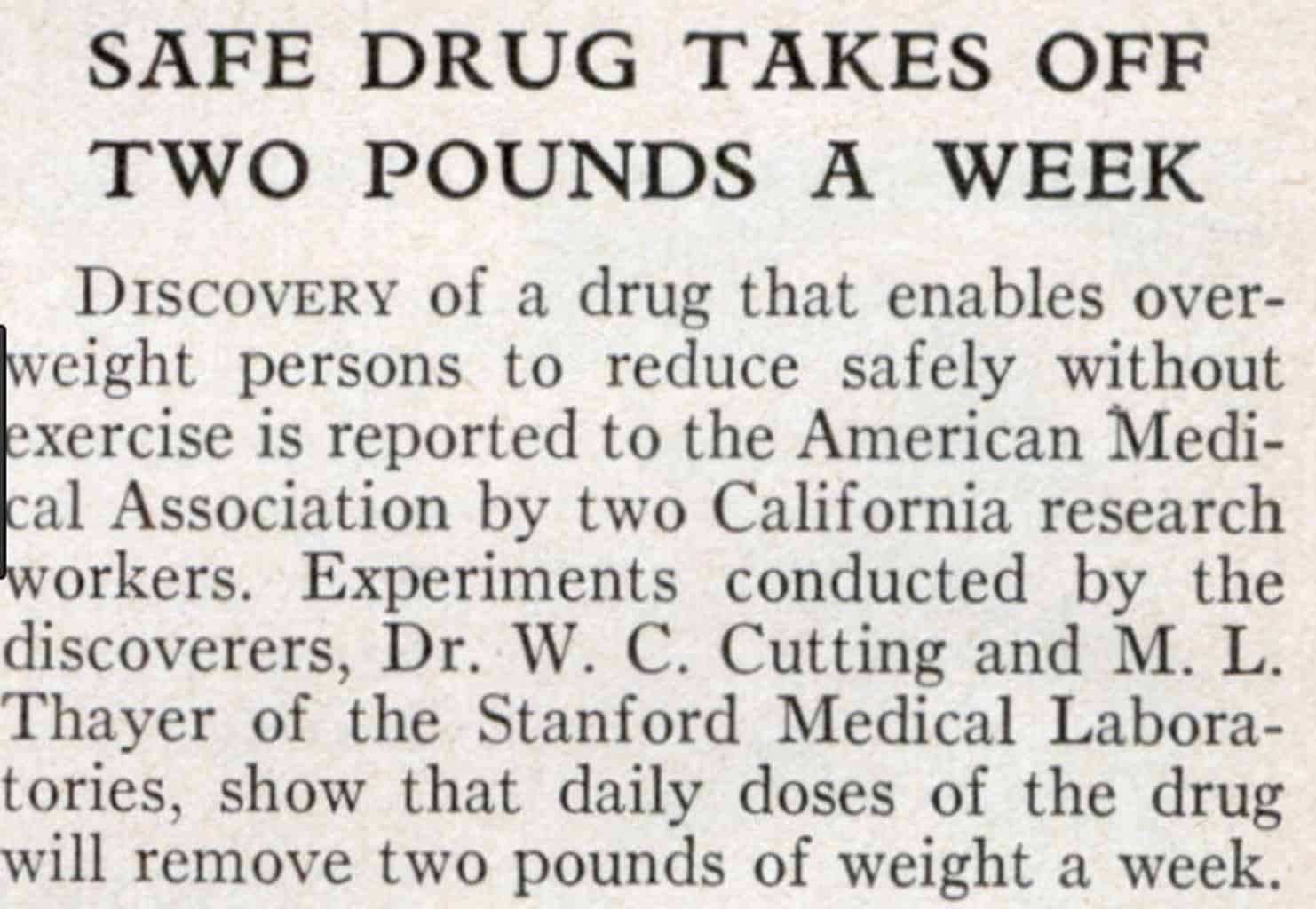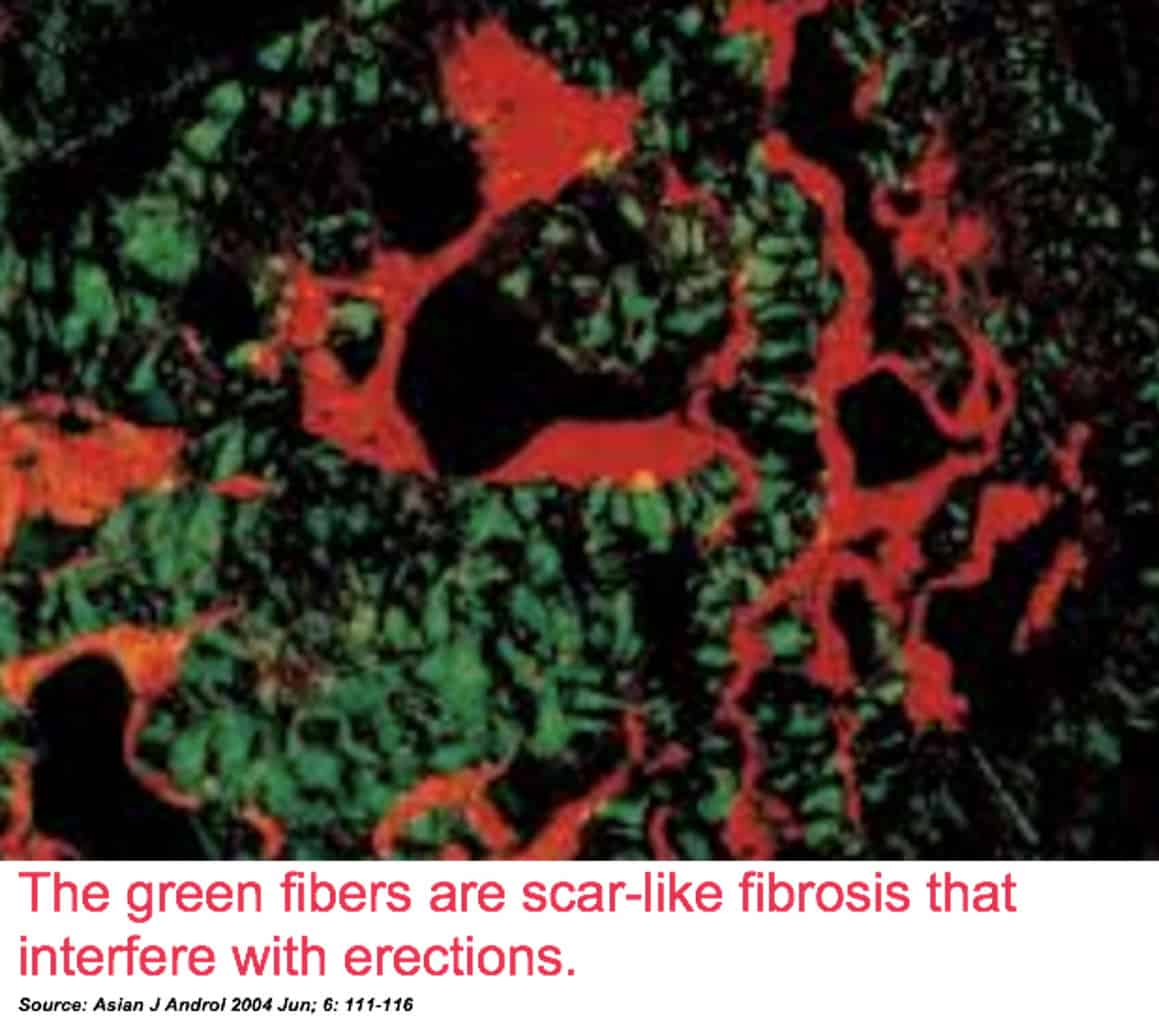
[cmamad id=”16489″ align=”center” tabid=”display-desktop” mobid=”display-desktop” stg=””]
These commonly consumed imposter vitamins aren’t just worthless – they cause cancer!
——Important Message——
Grown men are waking up shocked by their massive boners, thanks to this Stanford discovery – Big Pharma corporations are trying to ban this…
Men are “shocked” and “delighted” by their massive erections…an unusual side effect of this strange fat loss method…
Here’s the full story…
In 1938, this unusual powder helped thousands of men lose two pounds per week without cutting their food intake at all.
And the powder did something else for these men – something that delighted the men and their women…

Of course, the FDA banned it.
But today, Big Pharma corporations are trying frantically to create legal versions of that old chemical.
So, how does it work?
Scientists call it mitochondrial uncoupling. It converts excess calories and fat directly into heat and carbon dioxide.
Therefore, you don’t have to do tedious exercise to get rid of fat…the fat simply burns off…
It’s like you become a raging inferno…You feel warmer and the fat burns off steadily and completely.
It turns out that some inexpensive supplements can accomplish the same thing SAFELY and QUICKLY in your own home.
And guess what? There is a side benefit. You won’t just lose fat. You will get back your embarrassingly huge erections – in the morning and throughout the day. Who knew?

—————-
Most men are taking “imposter vitamins” – check out this list…
Vitamin A is critical for vision, metabolism, immune function, bone health, and skin health.
But what is vitamin A? And why does it matter?
There are two main groups of compounds called vitamin A.
1) Provitamin A. (Not vitamin A)
These are actually precursors of vitamin A. This group includes beta-carotene, which is in plant foods such as cantaloupe and lettuce.
2) Preformed vitamin A. (Real vitamin A)
This is ready to go. That means it does not need conversion like provitamin A does.
And this is closer to what the body uses. You can get it in animal foods such as eggs and liver.
BUT for many years people thought of beta-carotene as being the same thing as real vitamin A.
[cmamad id=”16490″ align=”center” tabid=”display-desktop” mobid=”display-desktop” stg=””]
New research shows that beta-carotene can block real vitamin A – causing harmful effects.

This Ohio State University study looked at the effects of beta-carotene on vitamin A function.
The scientists look at derivatives of beta-carotene (compounds that result from the breakdown of beta-carotene in our body).
Vitamin A works by binding on the vitamin A (retinoid X) receptors. This activates the vitamin A effect.
This receptor action is necessary for the beneficial healthful effects of vitamin A to occur.
However, scientists found that these derivatives of beta-carotene do not activate the vitamin A receptors.
“Beta-carotene derivatives did not significantly activate the retinoid X receptor…”
There is no vitamin A effect from these beta-carotene derivatives.
But the most important finding was that one of these derivatives actually blocked the effect of vitamin A on the receptor.
“The beta-carotene derivative antagonized the vitamin A activation of the retinoid X receptor…”
This derivative of beta-carotene blocks vitamin A at the receptor level.
Further scientific tests confirmed this result, reinforcing the understanding that…
There is direct competition between the beta-carotene derivative and real vitamin A.
“Assays showed that this derivative competes directly with vitamin A for binding to the receptor, a finding confirmed by molecular modeling studies.”
Derivatives of beta-carotene have no vitamin-A-like effect. And they block real vitamin A from getting to work.
The more of these beta-carotene derivatives we have, the less work real vitamin A can do.
The paper also reports that this derivative also competes on three of the other vitamin A receptors.
“The beta-carotene derivative also blocks all 3 retinoic acid receptors…”
This seems like a fully functional vitamin A block by beta-carotene derivatives.
But doesn’t our body convert beta-carotene to vitamin A?
Sometimes, yes, our body splits beta-carotene in two – and this does result in vitamin A.
But science still does not understand this newly discovered process that creates previously unknown beta-carotene derivatives.
They believe that the splitting mechanism of beta-carotene is somehow broken, creating these derivatives.
Scientists have already found anti-vitamin-A derivatives in human blood samples.
They have also found anti-vitamin-A derivatives in some melons.
Professor Earl Harrison, lead author of the study cautioned:
“These materials definitely have anti-vitamin-A properties, and they could basically disrupt or at least affect the whole body metabolism and action of vitamin A.”
These findings might shed some light on an older study…

This study, published in 1999, investigated the link between beta-carotene and lung cancer.
The scientific review from The American Society for Clinical Nutrition revealed that people who ate foods high in beta-carotene had lower levels of lung cancer.
“…people who eat more vegetables and fruit, rich in beta-carotene, have a lower risk of lung cancer…”
But people who supplemented beta-carotene had no similar protection.
In fact, beta-carotene supplementation seemed to increase lung cancer in smokers.
“…trials of beta-carotene supplementation do not support the observed beneficial associations in lung cancer prevention; instead, they provide striking evidence for adverse effects in smokers.”
What should we take from this?
It seems to me that eating moderate amounts of foods that contain beta-carotene is not a problem.
But supplementation might be tricky, especially high-dose supplementation if you are a smoker.
And don’t forget, many nutrition sources list beta-carotene as vitamin A. It is NOT vitamin A.
So if you’re tracking your nutrition with an online tracker, perhaps that vitamin A counter isn’t a good indication of your vitamin A status.
If you the bulk of your “vitamin A” is coming from plant-based beta-carotene, then your vitamin A status might be impaired.
“The case study of beta-carotene and lung cancer strongly supports – if not mandates – at least one, and preferably more, large, randomized intervention trial before the consideration of public health recommendations concerning supplementation.”
The review paper demands more research into beta-carotene supplementation.
Always see a doctor about any health problems.
But speaking about vitamins…
—-Read this important message below for vitamins that will help your erections—-
These recently discovered vitamins increase blood flow down there.
As you get older, your blood vessels and even your penile chambers get stiff – clogged with plaque.
Now your heart has to pump much harder.

But recently, a few simple but little-known vitamins were discovered. And these little-known vitamins actually reverse the plaque buildup.
These recently discovered vitamins remove the plaque and clear the blood vessels that feed blood to your penis, to your heart, and to your tissues.
And they are especially important for the man who has high blood pressure.
The plaque safely dissolves away over the course of a few months when you take these recently discovered vitamins…
———–


Leave a Reply